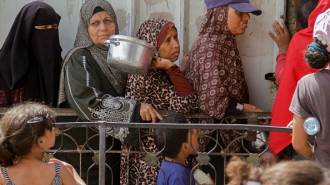Palestinian medic killed by Israeli fire in West Bank
Sajid Muzher, 17, was killed in the Dheisheh refugee camp near Bethlehem in the southern West Bank, the ministry said.
He was shot by Israeli forces while volunteering as a medic, a ministry spokesman told AFP.
The Israeli army did not comment on the death but said troops were responding to a "violent riot".
In a statement, Palestinian health minister Jawad Awad said the "occupation's killing of a volunteer medic by shooting him in the stomach is a war crime."
The Palestinian Medical Relief Society confirmed he was working with them, saying in a statement he was shot while trying to treat a person wounded in clashes.
Israeli forces frequently enter West Bank refugee camps to carry out arrests or other operations, often sparking clashes with residents.
The army released a video showing a man put down his jacket and hurl stones at soldiers. But, contacted by AFP, the military could not confirm it was the medic.
In an earlier statement, the army said that during "operational activity in Dheisheh Refugee Camp, southwest of Bethlehem, a violent riot was instigated."
"Dozens of rioters hurled blocks and firebombs at the troops, who responded with riot dispersal means."
It said it had received a report regarding an injured Palestinian, without further details.
The World Health Organisation "strongly condemned" the killing in a statement, saying the man was killed while providing care to the injured.
"We are saddened by this tragic loss. Health workers provide critical care and save lives. Their protection must be ensured," said Gerald Rockenschaub, head of the WHO office for the West Bank and Gaza.
Omar Shakir, Human Rights Watch country director, told AFP that if confirmed the death "would mark at least the fourth clearly identifiable Palestinian medic gunned down by Israeli forces in the last year."
"Routine unlawful killings by Israeli forces and full impunity in Israel highlight the need for the International Criminal Court to open a formal probe into serious crimes committed in Palestine," he said.
UN presence
The latest killing came as the top UN human rights body asked the UN human rights chief to strengthen her office's presence in Palestinian areas. This follows an investigation that found Israeli soldiers may have committed war crimes by shooting at unarmed protesters in a deadly response to Gaza protests last year.
The Human Rights Council made the request to increase the monitoring presence in a resolution that passed 23-8 with 15 abstentions, a vote loaded with political implications that quickly drew accusations of bias from the Israeli government.
Five central and eastern European countries joined Australia, Fiji and Brazil opposing the measure. The UK and many EU countries abstained.
The resolution was among five considered focusing on Israel and "Occupied Palestinian Territory", the only "country situation" considered at every council meeting. A total of 29 resolutions were being considered in the four-week session ending on Friday.
The council also criticised Israeli settlement expansion in the occupied Golan Heights a day after US President Donald trump announced it was "time" to recognise Israeli sovereignty over the territory.
Two Palestinian protesters were killed on the same day by Israeli fire along the Gaza border, the enclave's health ministry has announced.
Ministry spokesman Ashraf al-Qudra told AFP the two men, aged 18 and 29, were shot in separate incidents during a resumption of protests along the fractious border. He did not announce their identities.
Earlier this month, A Palestinian teenager was killed by Israeli fire on the Gaza border
At least 252 Palestinians have been killed by Israeli fire since March 2018, the majority shot during the weekly border protests, while others have been hit by tank fire or air strikes in response to violence from Gaza.
Two Israeli soldiers have been killed over the same period.
UN Human Rights Council has earlier pressed Israel to revise its military rules of engagement that allow such abuses, as the first anniversary of the Great Return March protests near.
The weekly protests, dubbed the "Great Return March", have been taking place for nearly a year. Palestinians have gathered along the Gaza border fence for non-violent marches to demand an end to the Israeli siege on Gaza and the right for Palestinians to return to their homes lost since Israel's creation in 1948.
Follow us on Twitter: @The_NewArab

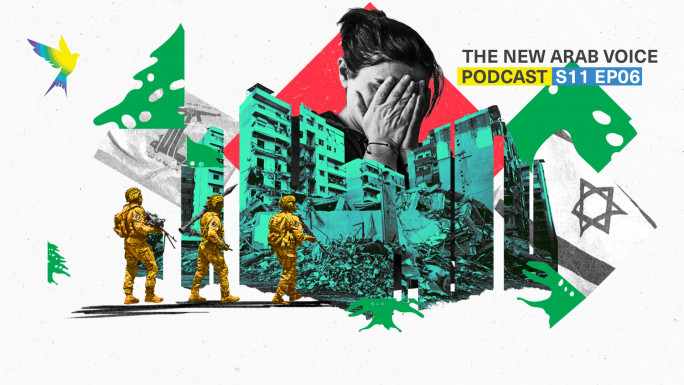
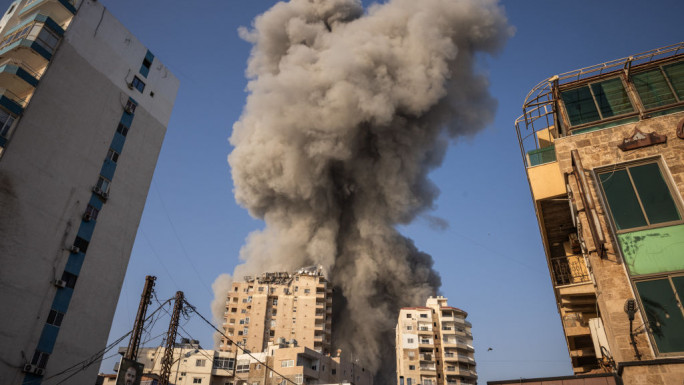
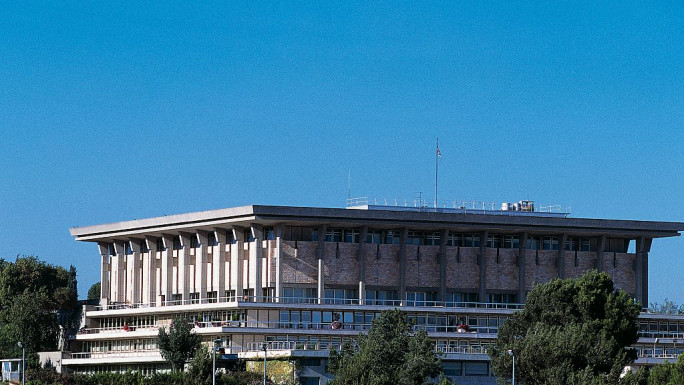
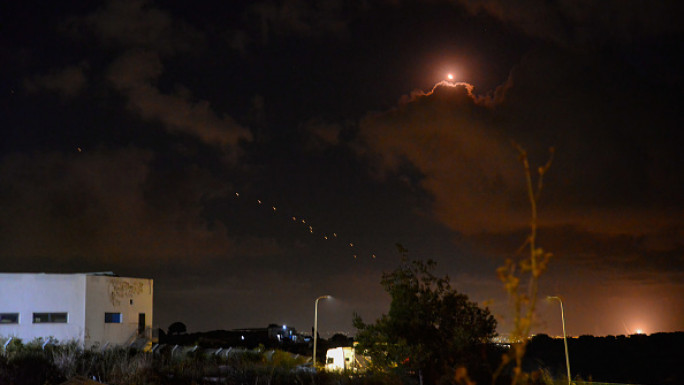
 Follow the Middle East's top stories in English at The New Arab on Google News
Follow the Middle East's top stories in English at The New Arab on Google News


